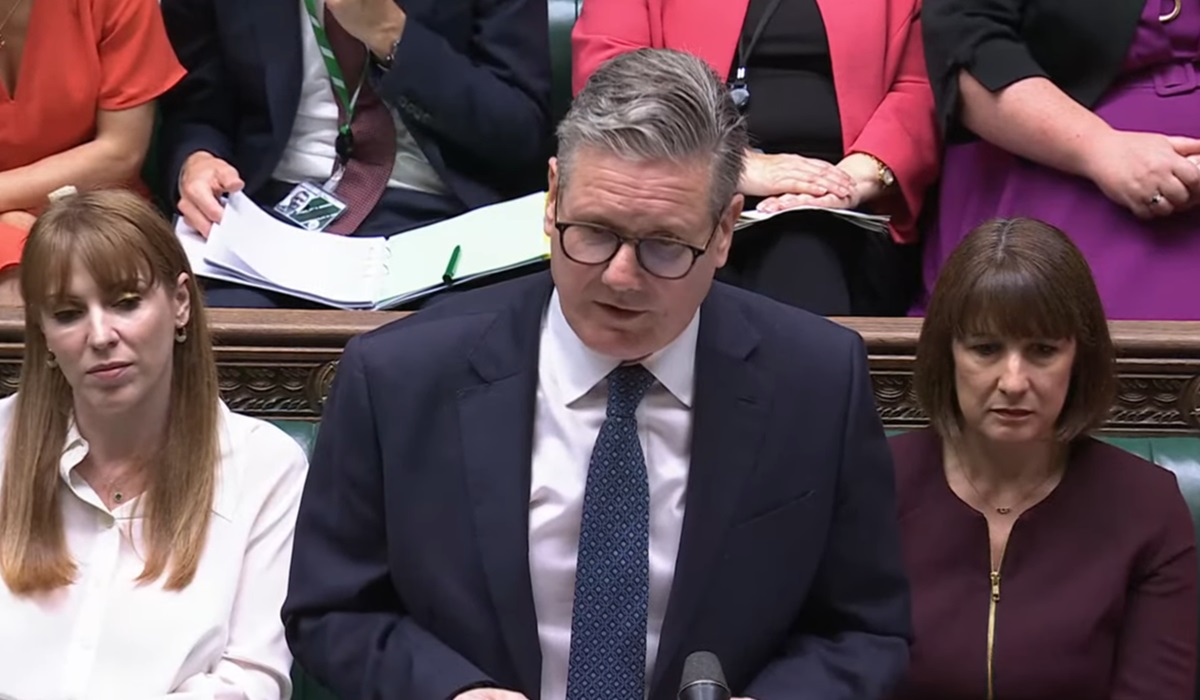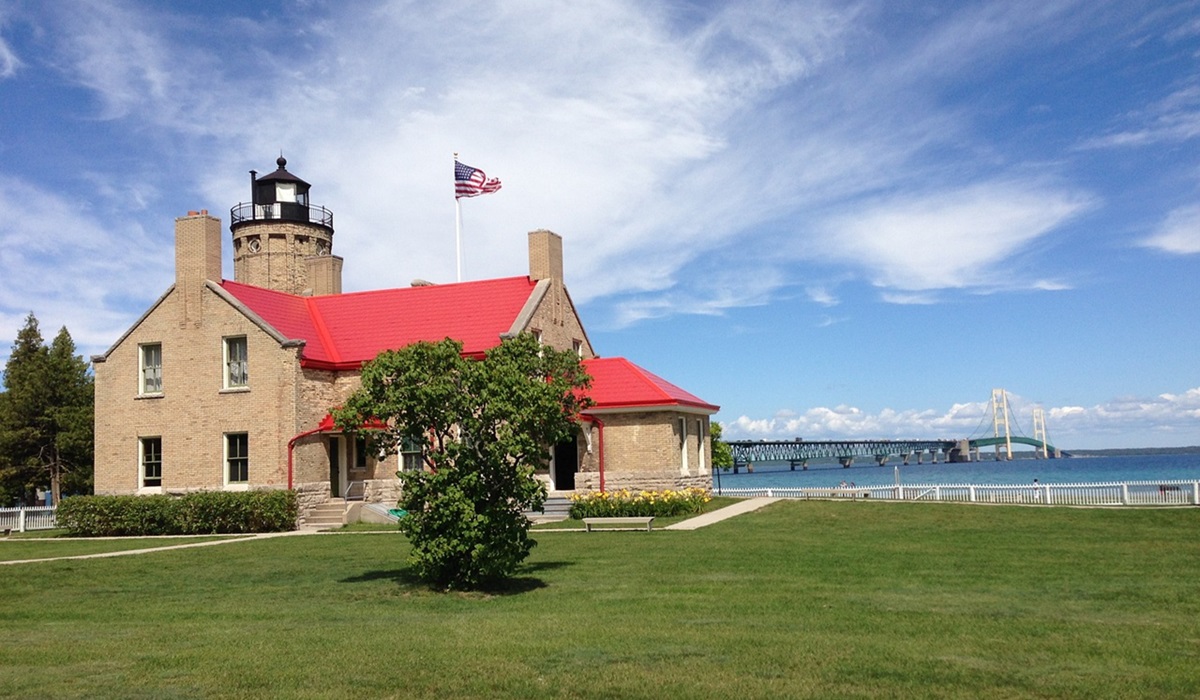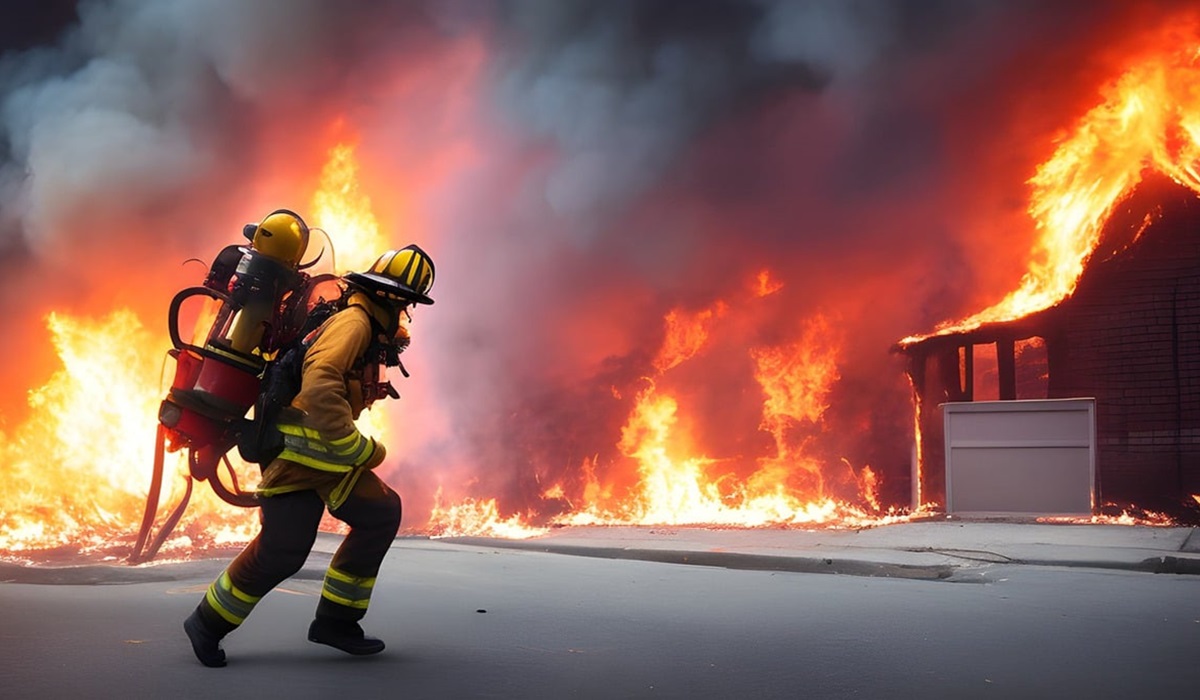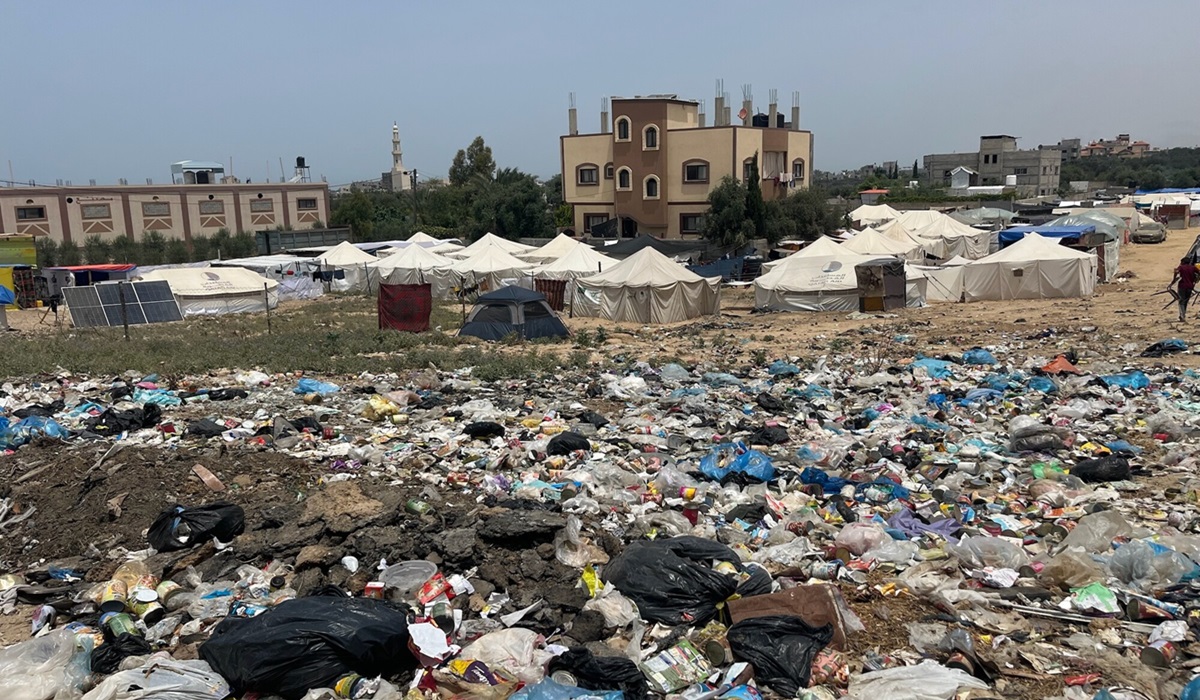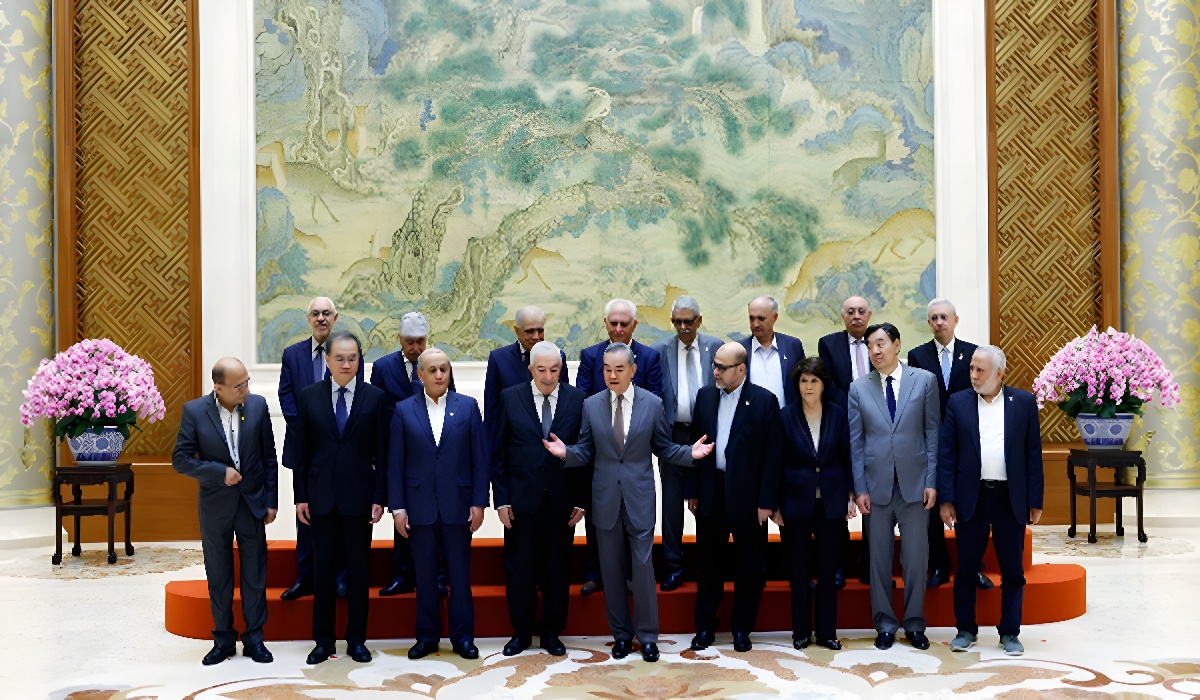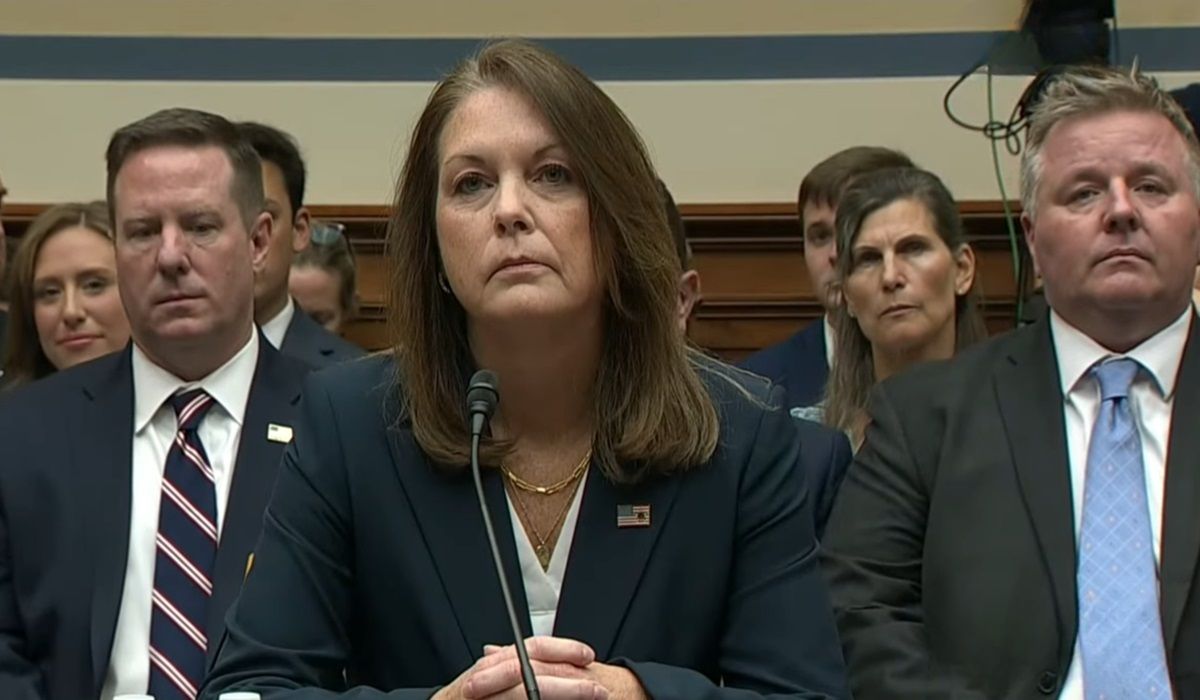IDF Enforces Israeli Settlements: Wastewater Threatens Palestinian Agriculture
- Kingston Bailey
- Breaking News
- Middle East
- March 21, 2024

Image credit, AI Virtuoso,
In a damning revelation, a recent report by the Norwegian Refugee Council (NRC) has shed light on the dire environmental and economic ramifications of the unlawful discharge of untreated wastewater from Israeli settlements into Palestinian territories in the occupied West Bank. These illegal settlements are enforced by the Israeli Defence Force (IDF).
They play a pivotal role in enforcing the presence and expansion of illegal settlements in the occupied Palestinian territories. Through military occupation and control, the IDF provides security and protection to settlers, facilitates the construction of new settlements, and implements policies that restrict Palestinian movement and access to land. This complicity in the maintenance of illegal settlements not only violates international law but also perpetuates a cycle of dispossession, displacement, and human rights abuses against the Palestinian population. The IDF’s involvement serves to entrench the occupation, undermine prospects for a just peace, and exacerbate tensions in the region. This unchecked contamination has wreaked havoc on Palestinian lands and livelihoods, exacerbating an already precarious situation for communities in the region.
The report, based on meticulous field research conducted by the Land Research Center (LRC) between May and October 2023, focused on two key locations: Wadi Shakhit in Hebron and the vicinity of the Immanuel industrial zone in Qalqilya. The findings underscore the alarming reality faced by Palestinian farmers and landowners, who have long raised concerns about the deleterious effects of untreated wastewater flowing from illegal Israeli settlements.
Laboratory analysis commissioned by the NRC revealed distressing levels of faecal-associated E. coli bacteria in samples taken from these areas, indicating recent sewage or animal waste contamination. This contamination not only jeopardizes the safety of water sources but also poses significant health risks to the local population, including the spread of diseases such as diarrhoea and kidney failure.
The consequences extend beyond health concerns, as the discharge of wastewater has resulted in profound economic losses for Palestinian farmers. Crop yields have plummeted, with some farmers reporting up to a 70% reduction in their olive tree harvest compared to pre-discharge levels. The contamination has rendered agricultural lands unfit for use, leading to a sharp decline in income for affected communities.
Ahmed, a farmer residing near the Immanuel industrial zone, lamented the extensive damage caused to his land. “Wastewater has inundated my fields, leaving behind a salt layer that has severely impacted the quality of my olive oil production,” he stated. The once-abundant yields have dwindled, further exacerbating the financial strain on farmers already grappling with the challenges of occupation and settlement expansion.
Moreover, the discharge of wastewater serves as a tool of dispossession, driving Palestinians from their lands and facilitating the illegal annexation of West Bank territory by Israel. This flagrant violation of international law, particularly Article 53 of the Fourth Geneva Convention, which prohibits the destruction of property by occupying powers, underscores the urgency of addressing this issue.
The NRC has called upon the international community, particularly Israel’s allies, to exert pressure on the occupying power to halt the unlawful disposal of wastewater and safeguard Palestinian communities, lands, and resources. Additionally, there is a pressing need for adequate funding and technical support to mitigate the environmental and economic impacts of settlement waste on affected Palestinian communities.
As the world grapples with the urgent need for environmental stewardship and justice, the plight of Palestinians in the West Bank serves as a stark reminder of the human cost of unchecked exploitation and dispossession. It is incumbent upon the global community to stand in solidarity with the Palestinian people and demand accountability for these egregious violations of human rights and environmental integrity. Only through concerted action can we hope to ensure a sustainable and just future for all inhabitants of the region.

